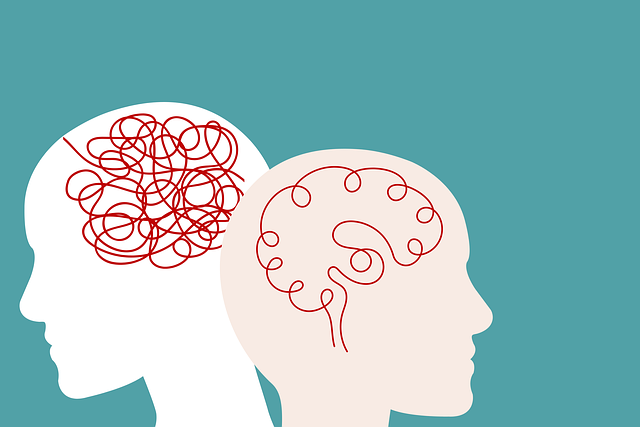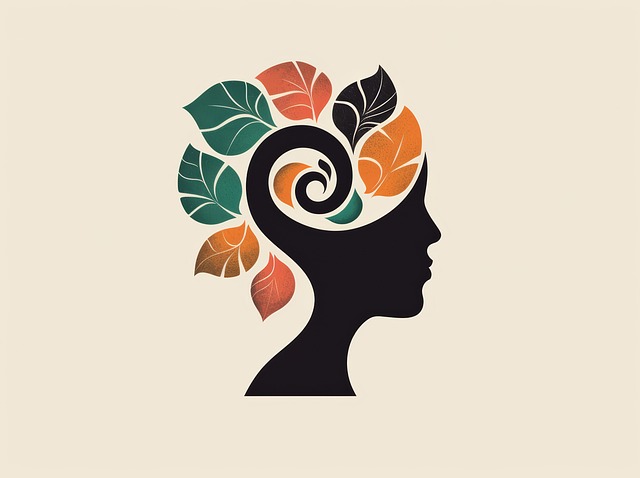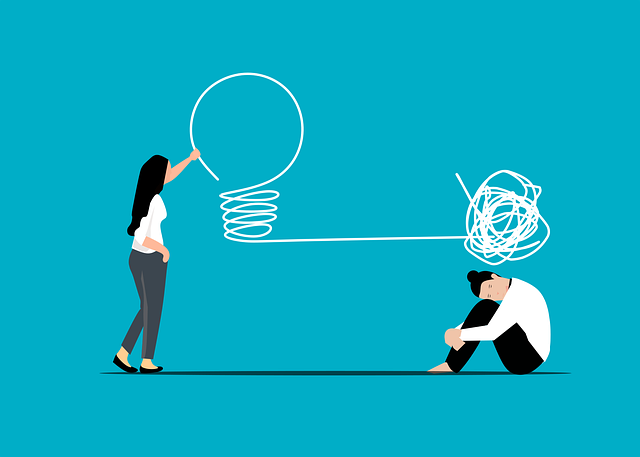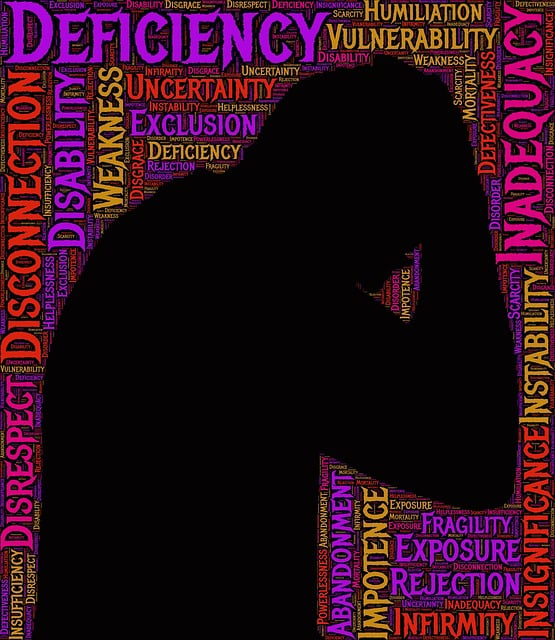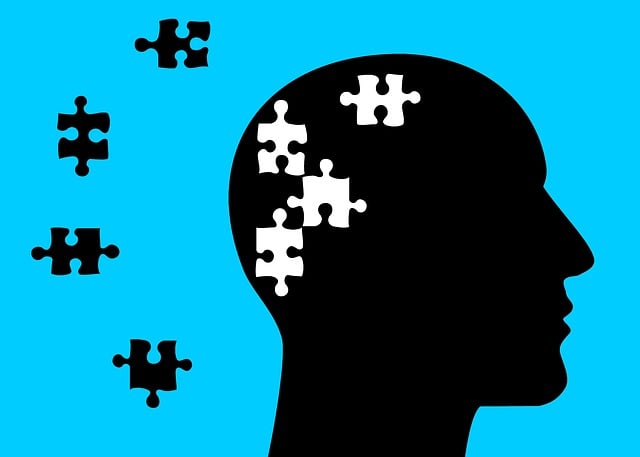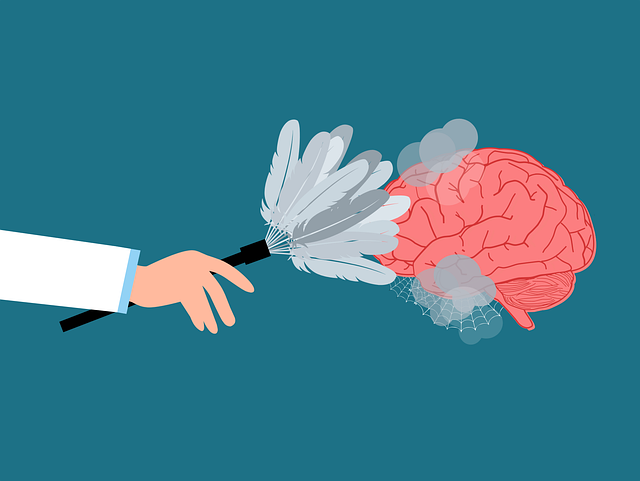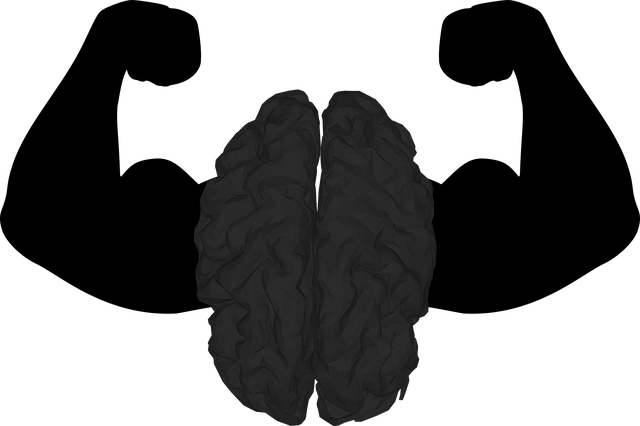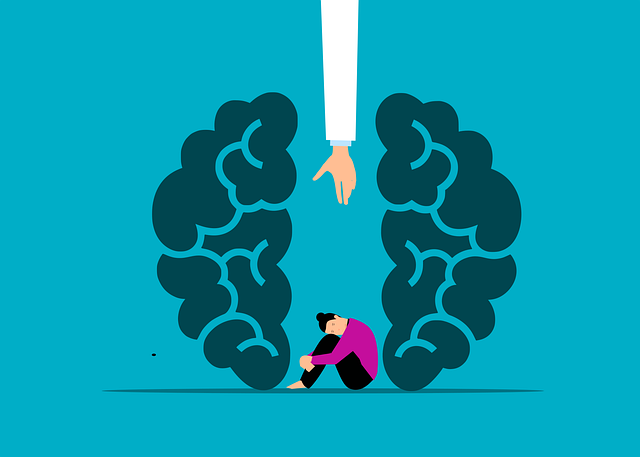Mental health advocacy initiatives are crucial in fostering understanding and support for individuals facing psychological challenges. In this article, we explore various facets of mental health activism, from breaking stigma through innovative practices like Boulder EMDR Therapy to community engagement strategies that drive systemic change. Discover effective tools and insights into how these initiatives can create a more inclusive society, ensuring better access to care and improved mental well-being for all.
- Understanding Mental Health Advocacy: A Necessary Quest
- The Role of Boulder EMDR Therapy in Breaking Stigma
- Community Engagement: Building Alliances for Change
- Strategies and Tools for Effective Mental Health Advocacy Initiatives
Understanding Mental Health Advocacy: A Necessary Quest

Mental health advocacy is a vital quest that seeks to raise awareness, challenge stigma, and promote understanding of mental health issues. It’s about empowering individuals with knowledge, tools, and resources to support their own well-being and that of their communities. In today’s fast-paced world, where stress and anxiety are prevalent, initiatives focused on mental health advocacy play a crucial role in fostering resilience and encouraging open conversations.
Boulder EMDR Therapy, for instance, is an evidence-based approach that helps individuals process traumatic memories and reduce the impact of distressing events. By combining elements of cognitive therapy and eye movement desensitization and reprocessing, this technique offers a transformative path to healing. Moreover, integrating practices like Mindfulness Meditation and Mental Wellness Journaling Exercises into daily routines can significantly contribute to overall mental health. Risk Management Planning for Mental Health Professionals is another critical aspect, ensuring therapists have the tools to navigate challenging situations safely and ethically.
The Role of Boulder EMDR Therapy in Breaking Stigma

Boulder EMDR Therapy plays a pivotal role in dismantling the stigma surrounding mental health issues. Through its innovative approach, this therapy technique helps individuals process and overcome traumatic experiences, leading to significant improvements in their emotional well-being. By integrating elements of eye movement desensitization and reprocessing (EMDR), Boulder EMDR Therapy facilitates the brain’s natural healing process, allowing clients to reframe distressing memories and gain a deeper understanding of themselves.
This therapeutic method goes beyond symptom reduction; it empowers individuals to cultivate self-esteem improvement, develop effective conflict resolution techniques, and establish robust self-care routines. By addressing underlying beliefs and behaviors, Boulder EMDR Therapy enables people to break free from the cycle of negative thought patterns, fostering a sense of resilience and overall mental health longevity.
Community Engagement: Building Alliances for Change

In the quest for improved mental health advocacy, community engagement plays a pivotal role, fostering alliances that drive change from within. Boulder EMDR Therapy has been at the forefront of this movement, recognizing the power of collective action and collaboration. By actively involving community members, local organizations, and trauma support services, they’ve created a network dedicated to enhancing emotional healing processes and promoting self-care practices. This inclusive approach ensures that efforts are not just top-down initiatives but grassroots movements rooted in the very fabric of the community.
Through workshops, awareness campaigns, and collaborative programs, Boulder EMDR Therapy has been successful in breaking down barriers and fostering a culture of openness around mental health issues. Engaging various stakeholders, including local businesses, schools, and support groups, they’ve created a supportive ecosystem that empowers individuals to take charge of their emotional well-being. This community-driven model not only amplifies the impact of trauma support services but also ensures sustainability in the long run.
Strategies and Tools for Effective Mental Health Advocacy Initiatives

Mental health advocacy initiatives require a multifaceted approach to create meaningful impact. Effective strategies involve raising awareness through educational programs and open dialogues, addressing societal stigma with empathetic narratives, and empowering individuals with tools for self-care and resilience. For instance, incorporating evidence-based practices like Boulder EMDR Therapy can be transformative, offering techniques to process traumatic memories and promote healing.
These initiatives should also focus on prevention, such as Depression Prevention strategies that cultivate positive thinking and inner strength development. By integrating these tactics, advocacy groups can create a supportive ecosystem that fosters mental well-being, encourages help-seeking behaviors, and ultimately reduces the burden of mental health challenges.
Mental health advocacy initiatives, such as those enhanced by Boulder EMDR Therapy, are crucial in breaking down barriers and fostering community support. By engaging in collaborative efforts and employing effective strategies, we can create a more inclusive and understanding society. Community engagement plays a pivotal role in driving change, ensuring that everyone has access to the resources and care they need for their mental well-being. Through dedicated advocacy, we can navigate the complexities of mental health challenges and ultimately promote a healthier, more supportive global community.
